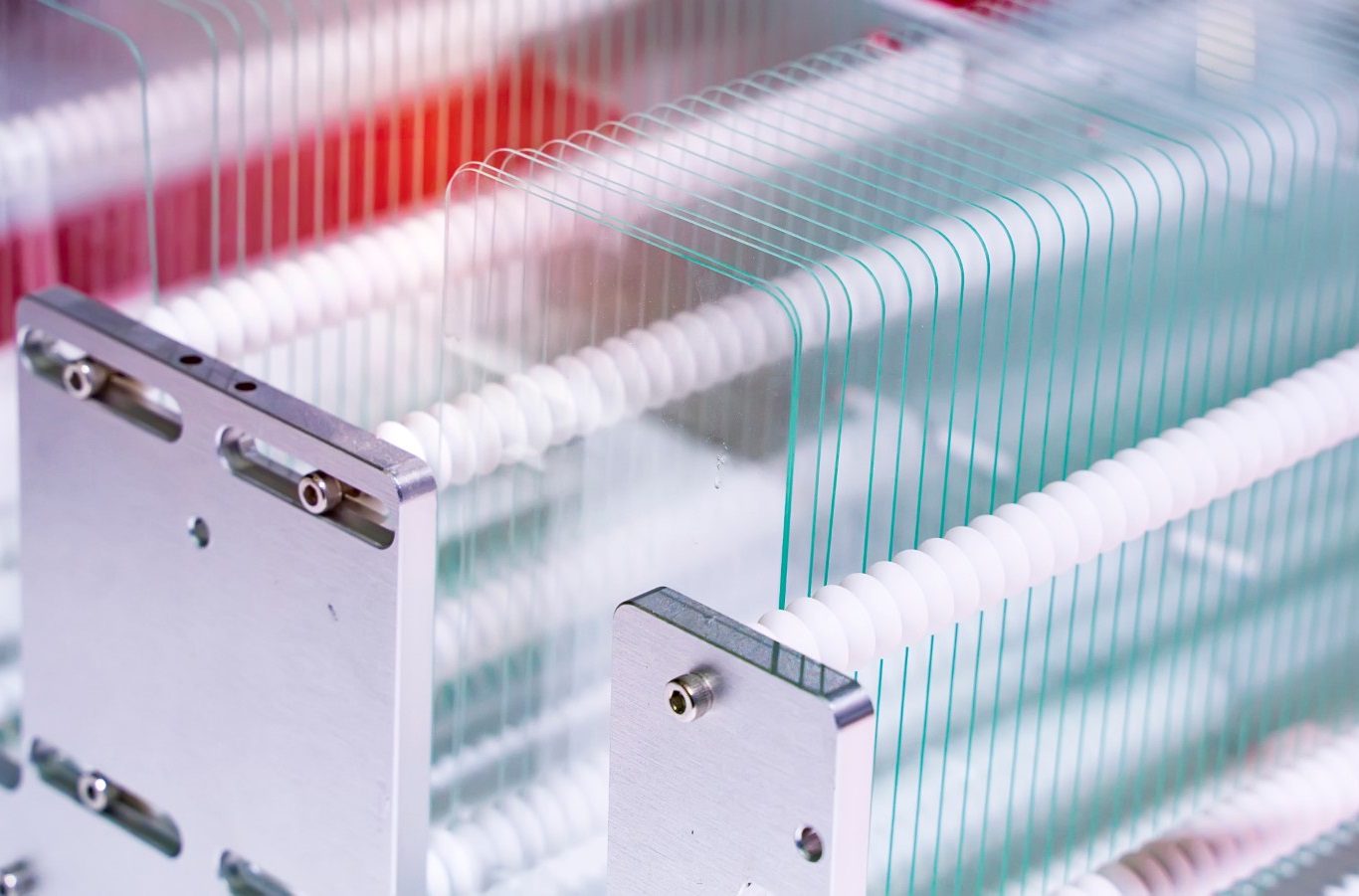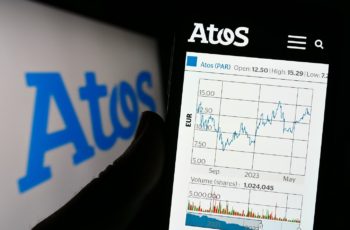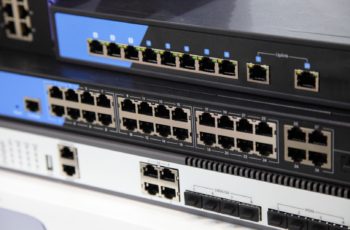Corning, maker of Gorilla Glass, which is used in most premium smartphones, wants to change its anti-competitive behavior under pressure from the European Union.
Corning is proposing concessions to the European Commission in hopes of avoiding a potentially costly antitrust fine. The Commission is investigating the manufacturer of Gorilla Glass on suspicion of anti-competitive practices. Corning now wants to promise to take measures to prevent this.
Corning Gorilla Glass is the standard for strong and hard-to-break glass, especially in smartphones. According to the Commission, Corning owes this position not only to the quality of the alkaline AS glass it markets. The way Corning markets its product is not pro-competition. For example, Corning requires exclusivity clauses and minimum purchase quantities from its customers.
Proposed measures
To address the European Commission’s concerns, Corning is now promising to stop these practices:
- All exclusivity clauses disappear;
- Manufacturers no longer have to purchase certain quantities;
- There will no longer be any price advantages for those who meet certain quotas;
- Product refiners no longer have to purchase at least half of their glass from Corning;
- Claims related to patents are no longer based on contractual mechanisms, but only on the patents themselves.
If Europe agrees to Corning’s plans and the company sticks to them, all problems will be solved. If Corning fails to reassure the commission and continues to violate antitrust rules, the company could be fined up to 10 percent of its global sales.





















